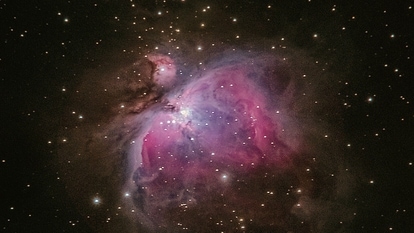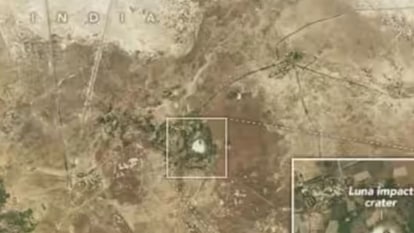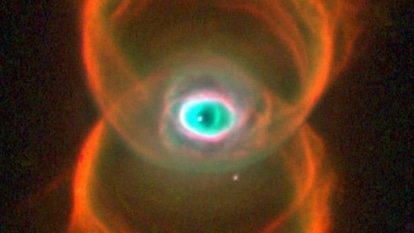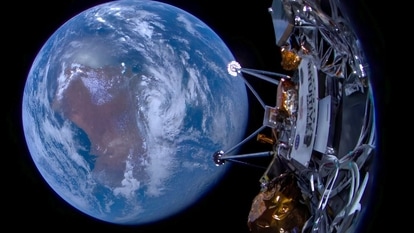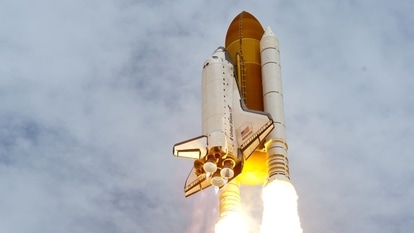Apollo asteroid to pass Earth today, reveals NASA; From size to speed, know details
NASA says an Apollo asteroid is expected to pass Earth by a close margin today, April 3. From size, speed to distance of approach, know all about Asteroid 2024 FL3.
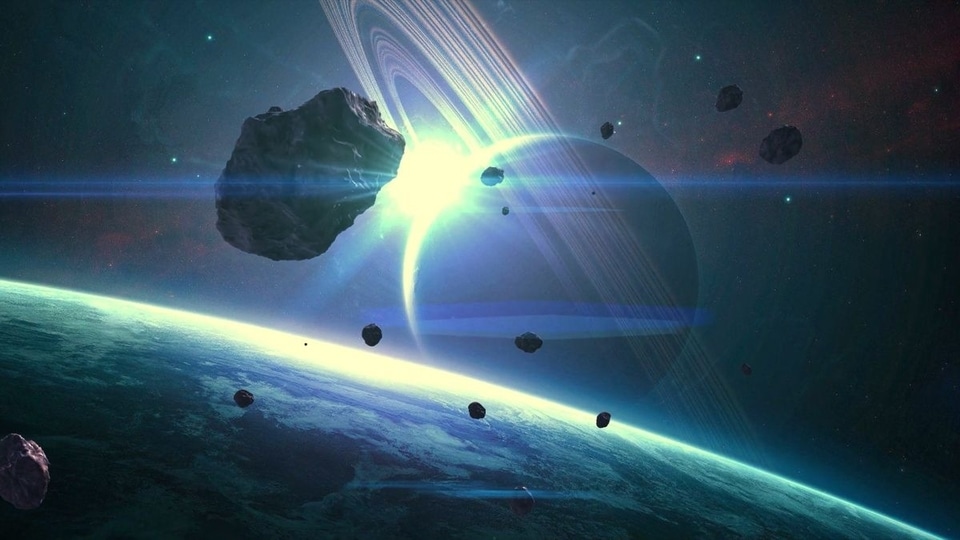
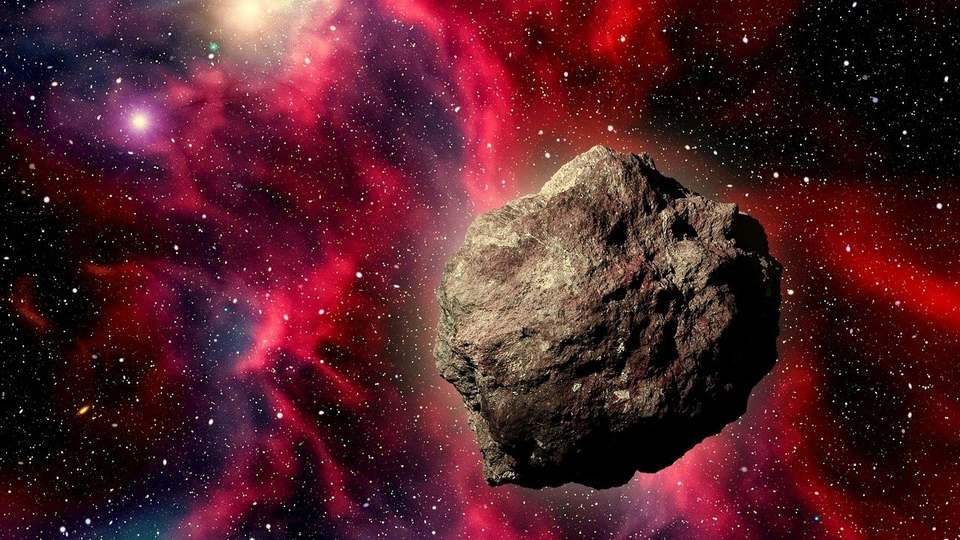
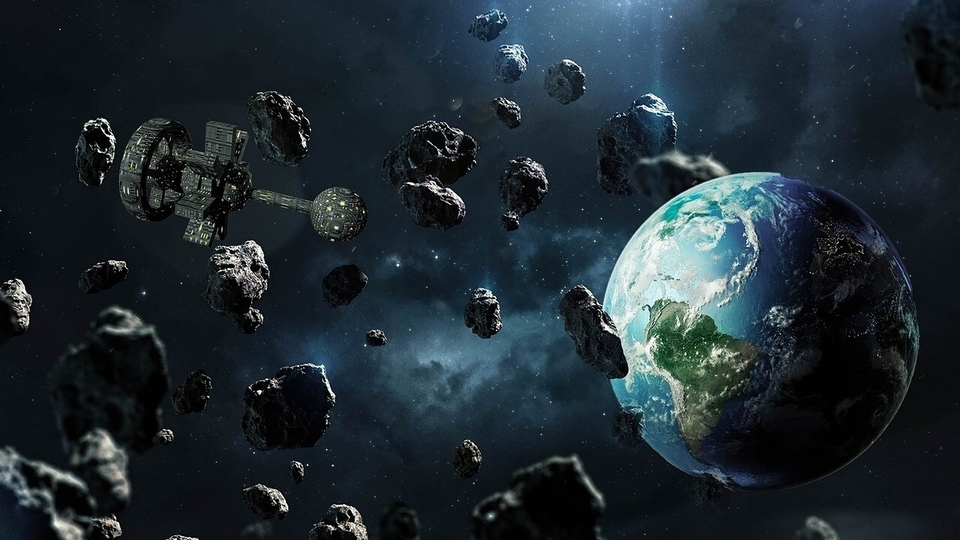
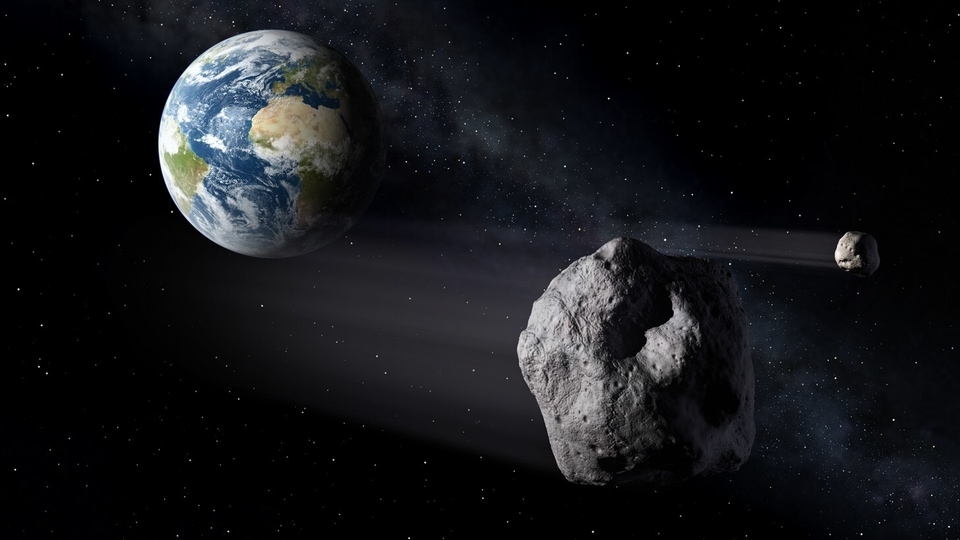
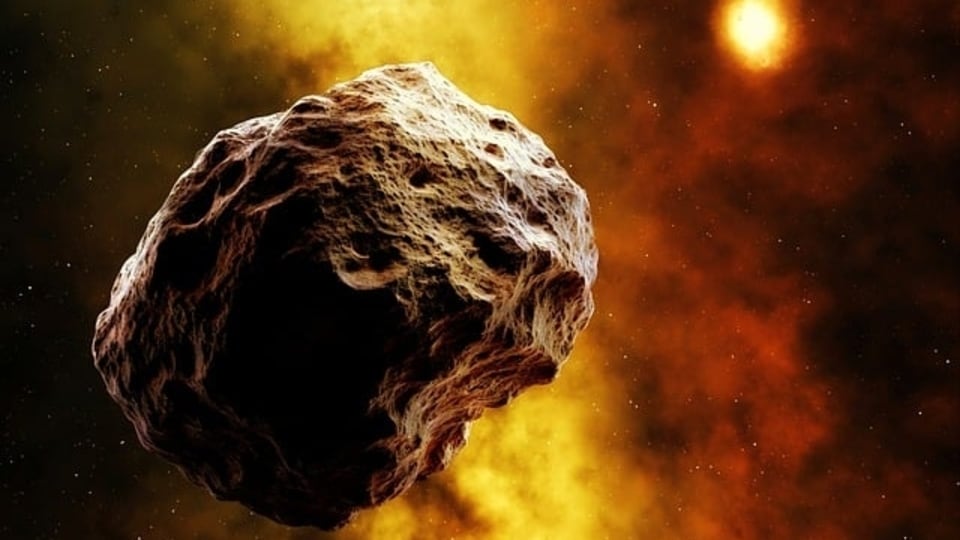
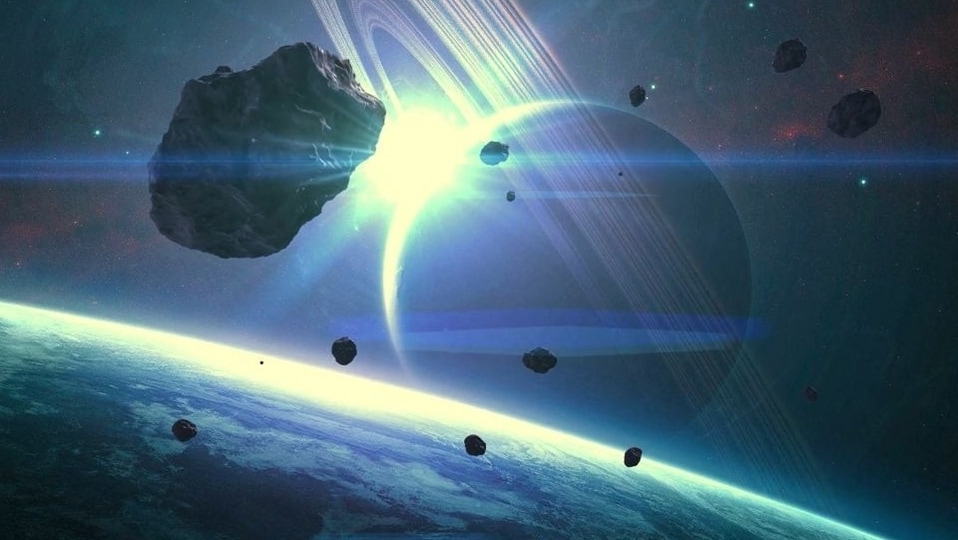
 View all Images
View all ImagesIn recent months, Asteroids have been passing by Earth in large numbers. Just yesterday, as many as three asteroids passed the planet by a close margin. Two of them were 100 feet wide, making them almost as big as an aircraft. While such space rocks pass Earth closely on many occasions, they are not likely to impact the surface. However, this can change anytime if they interact with the gravitational field of a large planet like Jupiter, which can send them tumbling towards a planet, raising a potential impact scenario. NASA has now revealed that the orbit of another asteroid will bring it close to Earth today, April 3.
Also Read: Three asteroids to pass Earth by a narrow margin
Asteroid 2024 FL3
According to NASA, Asteroid 2024 FL3 is just one of the many asteroids that revolve around the Sun in their orbit. These space rocks are present in the main asteroid belt which is located between the orbits of Jupiter and Mars. NASA's Center for Near-Earth Object Studies or CNEOS has the responsibility of tracking and categorizing celestial objects such as asteroids and comets.
This organization has now revealed that Asteroid 2024 FL3 will pass by Earth at a distance of 3.2 million kilometers. It is travelling in its orbit at a speed of approximately 34675 kilometes per hour.
It belongs to the Apollo group of Near-Earth Asteroids, which are Earth-crossing space rocks with semi-major axes larger than Earth's. These asteroids are named after the humongous 1862 Apollo asteroid, discovered by German astronomer Karl Reinmuth in the 1930s.
Also Read: What are asteroids and how ESA is tracking them
How big is it?
According to NASA, Asteroid 2024 FL3 is 100 feet wide, making it almost as big as an aircraft. While the asteroid is not expected to impact Earth, it has still been designated as a Near-Earth Asteroid (NEA) due to its close approach to the planet.
One more thing! We are now on WhatsApp Channels! Follow us there so you never miss any updates from the world of technology. To follow the HT Tech channel on WhatsApp, click here to join now!
Catch all the Latest Tech News, Mobile News, Laptop News, Gaming news, Wearables News , How To News, also keep up with us on Whatsapp channel,Twitter, Facebook, Google News, and Instagram. For our latest videos, subscribe to our YouTube channel.



